Section 354.4 of the Californian Code of Civil Procedure adopted in California in 2000 (the Poochigian Law taking its name from the member of parliament presenting the bill) and entailing the definition “Armenian Genocide” and “Armenian Genocide Victim” was repealed with a ruling last week in a file suit that began in 2003 by American citizens of Armenian origin against the German insurance company Munich Re on grounds that the costs of the insurance policies they had brought from this company during the Ottoman period was not paid to them. Therefore, the initiatives of the Armenians for the “genocide” allegations to be recognized in US courts suffered a serious blow. The silence of the Diaspora Armenians in reaction to the decision continues. It could be seen that besides a few criticisms, first the annulment of the controversial law that forbade the denial of “Armenian Genocide” in France by the Constitutional Council and now the repealing of the Poochigian Law with the Movsesian ruling has created disappointment in the Diaspora. However, the Diaspora Armenians are not only openly declaring their claims for compensation in the US, but also in different parts of the worlds. Most recently, an international conference entitled “The Armenian Genocide: From Recognition to Preparation” held in Lebanon on 23-25 February and prepared by the Armenian Catholicosate of Cilicia was the most noteworthy event within this framework. The Western Armenians Conference convened in Sevres towards the end of 2011 had also declared the intention for the Armenians abroad to claim for returning or compensation of Armenian properties. Thus, despite the fact that the result in the Californian courts will obstruct for the time being the initiatives of the Armenians on insurance claims and other cases, one must not overlook that their initiatives before 2015 will continue increasingly. US citizens of Armenian origin had filed a lawsuit in Californian courts against the Republic of Turkey and its two banks (Ziraat Bank and the Central Bank) with the claim that there was “unjust enrichment from liquidation of properties belonging to Armenians subjected to genocide in 1915 and conducting commercial activities with this unjust enrichment”. In two different cases, reparations of millions of dollars were claimed from Turkey and the two banks (i.e. Ziraat Bank and Central Bank of Turkey). While insurance cases are private legal cases concerned with claiming the insurance policies of their ancestors subjected to “genocide”, this time we see two cases attempting to make the jurisdictional immunity of states in the international sphere (and in US courts) a matter of legal process and drawing Turkey into a genocide discussion in US courts. (Among them, the Davoyan case is known as the Incirlik Case in the press.) Although this issue raises many problems, these two cases had until now began to major on two points: 1. Is discussing the allegation of unjust enrichment as a result of “genocide” which would restrict the Turkish Republic’s jurisdictional immunity towards US courts consistent with international law? Even with the purpose of identifying the commercial activity conducted through unjust enrichment, does a US court have the competence or authority to determine whether or not a foreign government committed genocide? 2. How could a US court discuss whether an activity of the Ottoman government taking place 100 years before created unjust enrichment? In order for the US court to have competence on this subject, the ancestors of the plaintiffs alleging victimhood must be US citizens. (the Atlman case) Were these Ottoman citizens of Armenian origin subjected to relocation deprived of Ottoman citizenship? Was relocation an act of “deportation”? The answers to the last two questions are quite clear: the Ottoman Armenians are Ottoman citizens during the relocation and the relocation has taken place within the Ottoman borders. There are many more historical facts which make these claims for damages developing upon these two critical issues much more problematic: the consistency and application of the legislation concerning the emval-i metruke (abandoned properties, return of properties and real estates to those Armenians who had returned and claimed them, the ultimate resolution of these issues with the treaties of Lausanne and Kars signed with the Armenians, and upon the requests of the Armenians who have migrated to the US and as a result of lengthy negotiations Turkish Republic’s affirmative answer to accept the payment of 1.3 million dollars to the US government to be paid to the Armenians (as an intention of goodwill between the two states) etc. Surely, the real purpose of this legal conflict which the Diaspora Armenians are pursing in US courts to receive compensation from Turkey is not to compensate for the properties confiscated. Just as in the cases of Movsesian and other insurance cases, the main target is for the “genocide” allegations to penetrate US legislation and the legal system and to make Turkey a party to this discussion before 2015 or to pressure her to recognize these allegations. The Possible Affect of the Movsesian Case on Claims for Damages We believe that the most noteworthy expression in the Movsesian case is the one on page 16 stating “politically charged label of ‘genocide”. The Californian court openly determined that the “Armenian genocide” label in the law is a political label. More importantly, based on such an expression has indicated that showing sympathy to the “Armenian genocide victim” goes beyond the area of jurisdiction of a state given by the Constitution. In the Bakalian and Davoyan cases, the expression of “Armenian Genocide Victim” (and considered to be recognized) in the Poochigian Law is given as the basis for claims concerning the unjust enrichment of the Ottoman state and Turkish Republic (California Code of Civil Procedure 354.4). So, one of the main foundations in both cases is the law annulled with the Movsesian ruling. This way, since the court finds the genocide allegations as invalid, which were considered to have been fixed/recognized previously with this law, it also eliminates its competence in the establishment and punishment of genocide. Since Article 1605 (FSIA) which constitutes an exception to jurisdictional immunity of states do not give US courts the right or the duty to determine whether an act of a foreign state is just compatible with international law, it also makes the “Armenian genocide” allegation, which is the emerging point of the Bakalian and Davoyan cases, as invalid. Anyhow, before US courts determine that the law in California is not invalid, just as in the Movsesian case, it should have determined “genocide” and taken into consideration the international law and procedure. However, the courts have taken the legal strategies and games of Armenian jurists seriously and have actually fallen into a legal trap as the French did. We hope that the Bakalian and Davoyan cases will also take these findings in the Movsesian ruling seriously.
© 2009-2025 Center for Eurasian Studies (AVİM) All Rights Reserved
 “ARMENIA-TURKEY NORMALIZATION PROGRAM” AND A GENERAL LOOK AT TRACK-TWO DIPLOMACY EFFORTS
“ARMENIA-TURKEY NORMALIZATION PROGRAM” AND A GENERAL LOOK AT TRACK-TWO DIPLOMACY EFFORTS
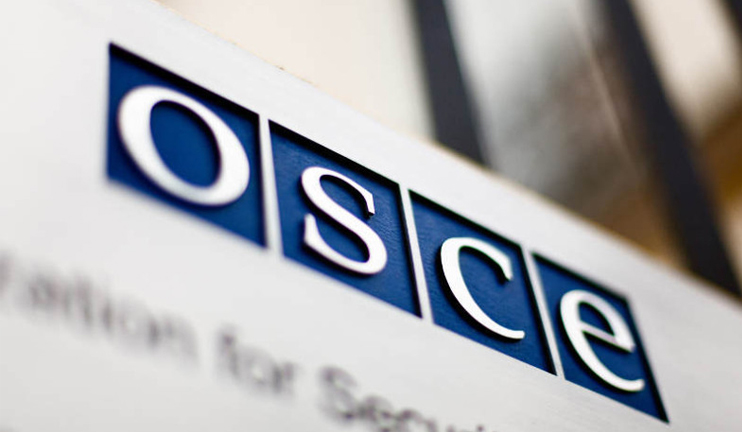 NEWLY APPOINTED US CO-CHAIR OF THE OSCE MINSK GROUP RICHARD HOAGLAND
NEWLY APPOINTED US CO-CHAIR OF THE OSCE MINSK GROUP RICHARD HOAGLAND
 SPEECH DELIVERED AT THE CONFERENCE TITLED “GLOBAL AND REGIONAL DETERMINANTS OF TRILATERAL COOPERATION”, TBLISI, JUNE 5TH 2018
SPEECH DELIVERED AT THE CONFERENCE TITLED “GLOBAL AND REGIONAL DETERMINANTS OF TRILATERAL COOPERATION”, TBLISI, JUNE 5TH 2018
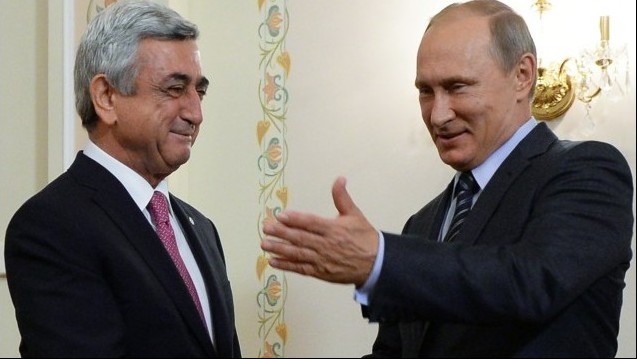 RECENT CHANGES IN ARMENIAN GOVERNMENT
RECENT CHANGES IN ARMENIAN GOVERNMENT
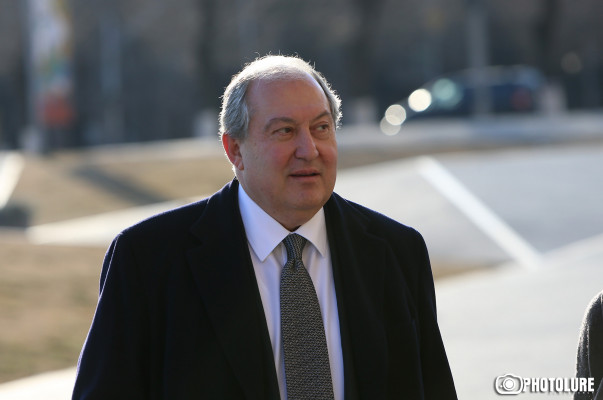 ARMEN SARKISSIAN’S PRESIDENCY AND THE QUESTIONS ON ETHICS AND POLITICAL CULTURE IN ARMENIA
ARMEN SARKISSIAN’S PRESIDENCY AND THE QUESTIONS ON ETHICS AND POLITICAL CULTURE IN ARMENIA
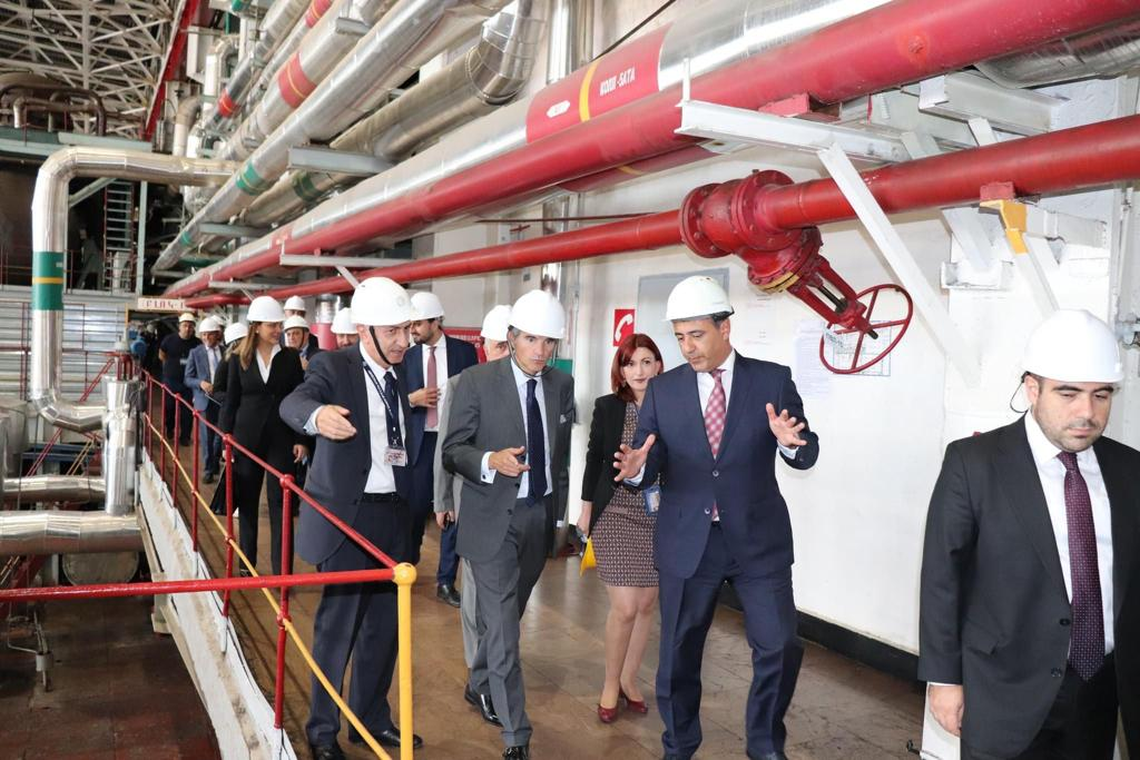 IS THE THREAT POSED BY THE METSAMOR NUCLEAR POWER PLANT BEING OVERLOOKED?
IS THE THREAT POSED BY THE METSAMOR NUCLEAR POWER PLANT BEING OVERLOOKED?
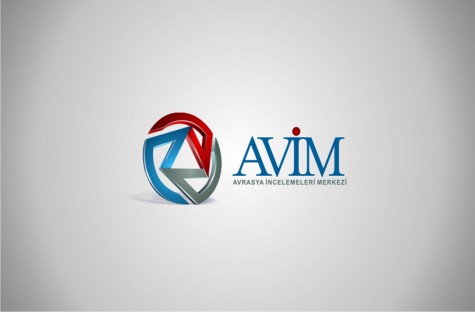 A PUBLIC CONVERSATION WITH ULUÇ GÜRKAN ON MALTA TRIBUNALS
A PUBLIC CONVERSATION WITH ULUÇ GÜRKAN ON MALTA TRIBUNALS
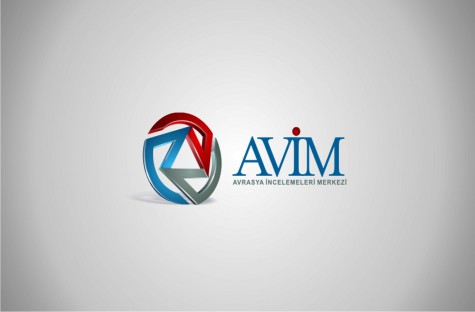 WHERE DOES FRANCE STAND ON ARMENIAN ALLEGATIONS?
WHERE DOES FRANCE STAND ON ARMENIAN ALLEGATIONS?




























